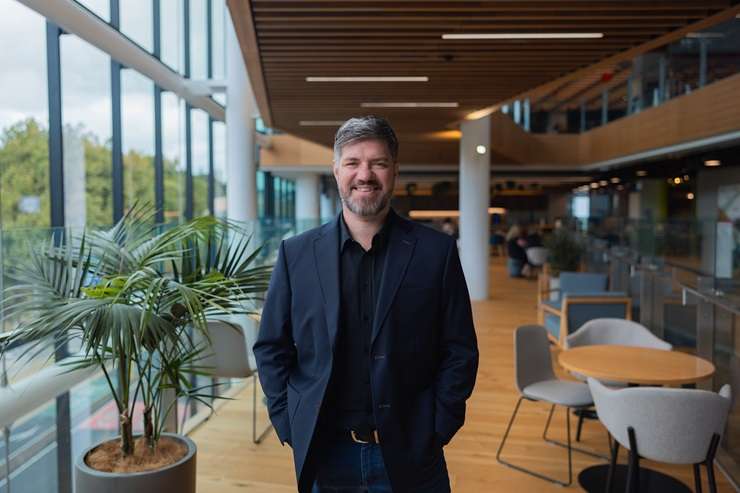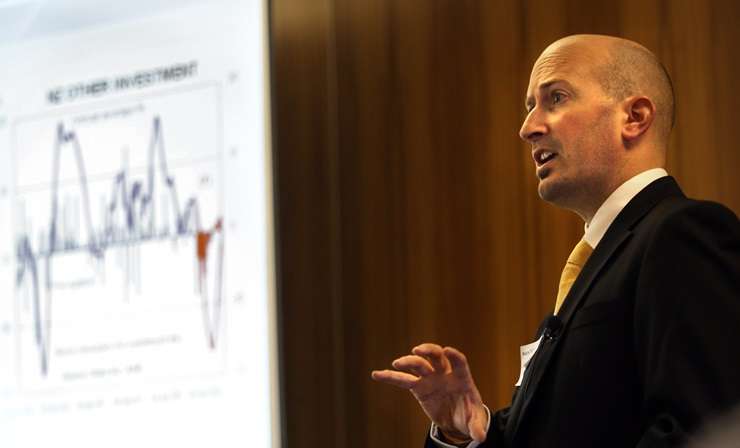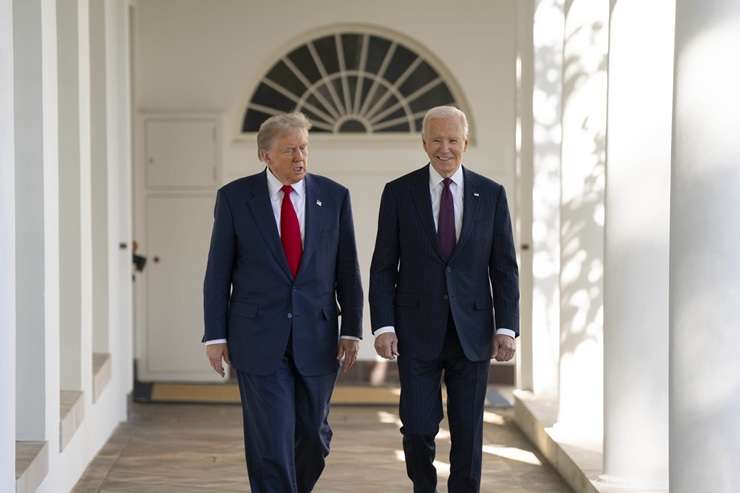- Economists share their first-home journeys, stressing the advice received is still relevant today.
- Kiwibank’s Jarrod Kerr says the first thing his colleagues told him was to “get a house”.
- BNZ’s Mike Jones remembers buying a draughty villa in Wellington.
A drafty villa on a steep Wellington hill, a slightly dilapidated bungalow with bedsit and a tiny townhouse in Sydney are where some of New Zealand’s chief economists started their home ownership journeys.
Start your property search
Kiwibank chief economist Jarrod Kerr, BNZ chief economist Mike Jones and ASB chief economist Nick Tuffley were all driven by slightly different motives for buying their first home but for all, it was also part of the Kiwi rite of passage.
The advice they received before buying their first homes is still relevant today. Take market predictions with a healthy grain of salt but do your homework and get as many perspectives as possible. Take the investment stress out of the equation and look for somewhere to live, so you don’t focus too much on trying to pick the “right” time to buy. Owning your own home puts you in a neutral investment position. You own what you need. Diversify your mortgage across several different terms.

Kiwibank chief economist Jarrod Kerr: "I started eating tuna for a very long time to get into my first property." Photo / Supplied
Kerr started his working life at JB Morgan in Sydney surrounded by professional share traders. “The first thing they told me was, get a house,” he said.
Their advice was heavy on the trading lingo: renting was “short”, which means you don’t own it; owning your home was “neutral”, meaning you own an amount that you need; and owning investment properties was “long”, which means you own more.
“They said the minimum you have to be is neutral if you want to have a better life. So, I took that on board, and I started eating tuna for a very long time to get into my first property, which was a little townhouse in Sydney.”
Jones said he was told early on to think of his first home as a place to live, which took some of the pressure off of picking the right market conditions.

BNZ chief economist Mike Jones says buyers should take market forecasts with a grain of salt. Photo / Fiona Goodall
“The advice I received, which is still relevant today, is to take any projection or forecast with a giant grain of salt because everyone’s doing their best, but it’s actually a highly unpredictable market to get right,” Jones said.
He was told to talk to as many people as possible and weigh up their opinions but then make a decision. His first home was a drafty, slightly rundown bungalow on a windy hill in Wellington. He said it was a practical purchase rather than an investment.
“It was motivated by a need for somewhere to live, really, not an investment decision,” he said of the purchase he made 10 years ago.
Tuffley said the best piece of advice he received as a first-home buyer was to diversify his mortgage, which would minimise risk over the short and long-term. It’s advice that’s still relevant today, he said.

ASB chief economist Nick Tuffley says his first home was a modest, 100-year-old two-bedroom house in Wellington. Photo / Supplied
“Not having all your eggs in one basket when it comes to your mortgage gives you more flexibility and helps manage rate changes over time,” he told OneRoof.
He said his first house was all about wanting a place he could call home. “This whole homeownership in New Zealand is slightly cultural. People feel that having their own home gives them a sense of security. Buying your own house seems like a life goal or rite of passage,” he said.
Discover more:
- Tony Alexander: Don't bet on ultra-low mortgage rates next year
- The two suburbs gunning to be NZ's most expensive - ‘money is pouring in’
- 'S***, we can't afford this': Homeowners fear they'll lose everything
Tuffley’s first home was a modest two-bedroom house that was nearly 100 years old. “It was a typical Wellington place. It was built on the side of a hill and at some stage, someone put in a bedsit underneath, so it was a home and income as well, which was quite good for just helping get into the market.”
Kerr, Jones and Tuffley are all predicting an uncertain start to 2025 as the impact of a Trump presidency and fiscal policies started to flow through.
“2025 is going to be better than this year. And this year was slightly better than last year. Business confidence has improved and this time, it will be reinforced by further rate cuts in early 2025,” Kerr told OneRoof.
Kerr expected continued shorter-term interest rate cuts in line with the Official Cash Rate, but some uncertainty in long-term rates due to global factors like US fiscal policies.
“Shorter-term rates can fall a little bit further. Longer-term rates are more at the mercy of what’s going on globally and that will include tariff policies and trade negotiations,” he said.

Donald Trump, left, with US President Joe Biden. The economists agree Trump’s return to the White House could fuel inflation. Photo / Supplied
Jones said 2025 was shaping up to be unpredictable influenced by the incoming Trump presidency and uncertain inflation and growth trajectories. He was picking a 7% increase in house prices through 2025 and nuanced changes in interest rates; shorter-term rates falling with the OCR and longer-term rates staying put as they already factored in the Reserve Bank’s expected actions.
“Take predictions and forecasts with a giant grain of salt. 2025 is shaping up to be a particularly uncertain year,” he said.
Tuffley believes the pace of rate cuts by the Reserve Bank will slow in 2025 eventually bottoming out around 3.25% by mid-2025.
He expected mortgage rates to stabilise at around 5-5.5%, depending on the term and said these rates reflect the “new normal”, stressing we were unlikely ever to return to the ultra-low rates seen during Covid.
He said longer-term rates may not drop significantly due to external factors such as inflationary policies in the US, global financial market trends and geopolitical uncertainties.
“We’re likely to see mortgage rates settling somewhere loosely around 5-5.5% depending on the term. We’re not going back to those pandemic-level rates.”
- Click here to find more properties for sale


















































































